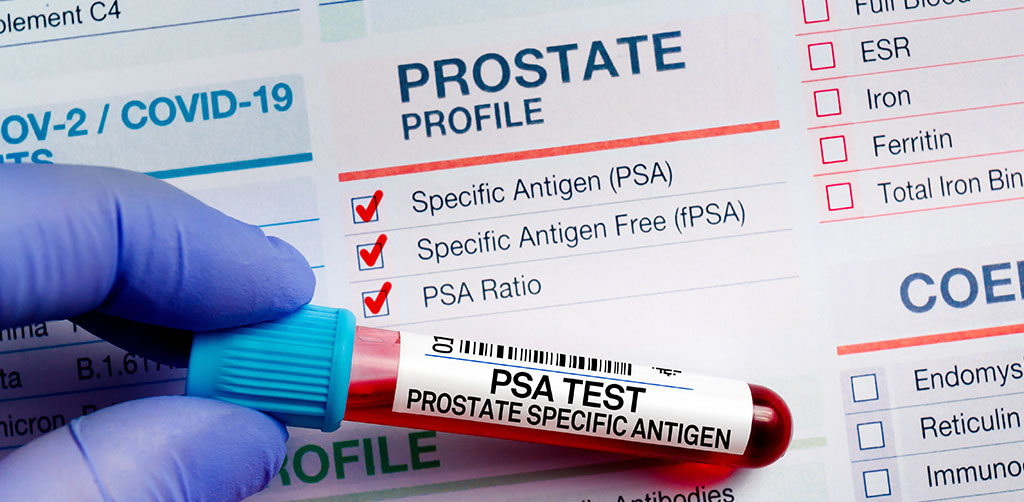
I see many men present due to elevated or high PSA levels as part of their regular health screening. Prostate-specific antigen (PSA) is a protein produced by secretory cells that line the prostate. Its levels in the blood are commonly used to screen for and monitor prostate health, particularly prostate cancer, which introduces anxiety in men. High PSA results must be interpreted according to the context, considering age, health status, and any medications or recent physical activities. PSA trends over time are more important than single measurements. However, its utility as a screening tool for Prostate Cancer remains a topic of debate due to overlapping values in conditions like benign prostatic hyperplasia (BPH), inflammation (prostatitis), or cancer.
Hence, there are different reference ranges of PSA for various age groups of men.
A lower percentage of free PSA may indicate a higher likelihood of prostate cancer.

Innovations like PSA density, PSA velocity, and the Prostate Health Index (phi) are being explored to improve cancer detection and minimize unnecessary biopsies.
It is important to see your healthcare provider or family physician to discuss PSA screening to understand its benefits and limitations. Stay informed about emerging diagnostic tools that might enhance accuracy in detecting significant prostate conditions.
Our friendly team is looking forward to serving you. For urgent enquiries and appointment requests, please call the clinic directly.

Dr Jay Lim is a urologist with a focus on providing personalised treatment plans specific to your unique urinary and reproductive health needs.

Share this website